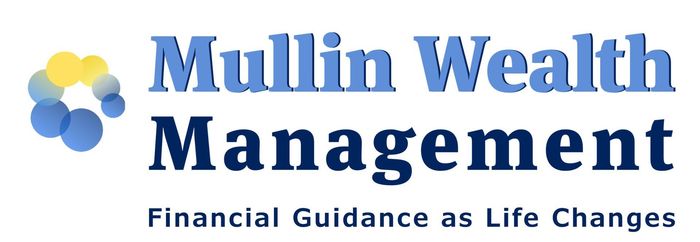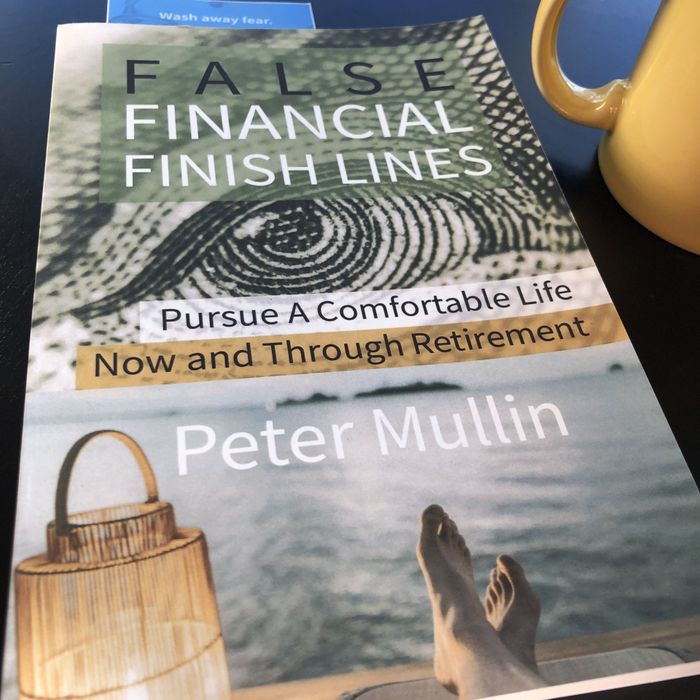Services
Retirees
Retirees just like you face different complexities to help navigate a comfortable retirement.
- Retirement Income: We can provide guidance and the process for automating regular money to live off of.
- RMD Service: We provide an RMD service that can assure that you are taking required minimum distributions out on time.
- Think about your 80's, 90's and 100's ... How can you age gracefully?
- Risk Tolerance: Should you reduce your risk as you age?
- Trusted Contacts: We want to know who to contact should we need to reach family or a trusted contact on your behalf.



Job transitions
Inheritance
Business Owners
You're the boss. Most days you enjoy the freedom. Other days you perhaps wish there were three of you. Life is busy. That's why we are an accountability partner in many areas such as:
•Retirement Readiness
•Business Succession Planning: Who's taking over when you're not here?
•Risk Protection: Life insurance, Disability
•Employer plans: 401(k), SEP IRA, SIMPLE IRA, Profit Sharing
•Coordination with your tax and/or legal professionals
Peter Mullin's book is published on Amazon
Healthcare Professionals
Agriculture & Farmers

Residents & Recent Graduates

Investors 18-35
Middle-Class Millionaires
“They do not feel "rich" and want reassurance that the money and investments they have are doing okay year-to-year.”
Family business owners
“The last thing a business owner wants to do is work on their wealth in their spare time. Once they delegate wealth and tax matters to others life can be good.”
The Anti-Millenial
"Show me a millennial with determination and grit. I will show you a human ready to pursue long-lasting, life-impacting wealth.














